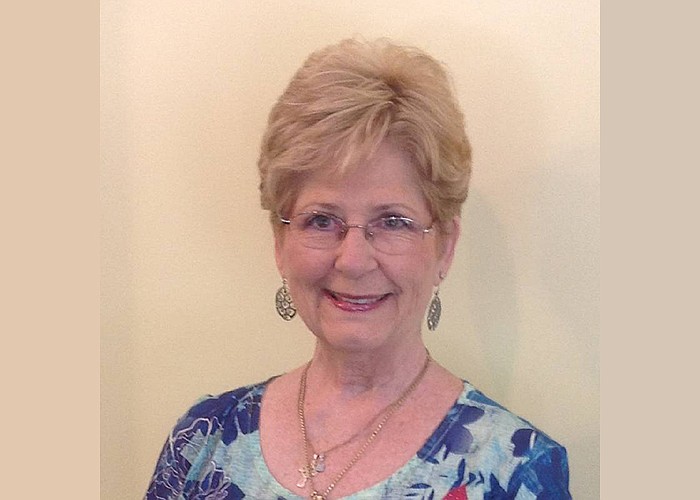Continuing with last week's column about free or almost-free items, I challenge readers to discover additional measures to save money and share them with the rest of us.
In the meantime, enjoy some more ideas for your current "buys."
1 Checking account fees. Even if they are only $5 monthly, that's too much. While many banks - especially the larger ones - are raising the minimum required balances to qualify for free checking, options still abound to handle your accounts for free. Whether a senior checking account or a free online bill-pay option, Moneyrates.com tells us that consumers are paying a steep price for flocking to large, name-brand banks. A little bit of comparison shopping, with an emphasis on smaller (or online) banks, could yield a much better deal for a large number of consumers. For example, what used to be ING Direct and currently Capital One 360 offers fee-free checking and savings, plus earns interest. And 72 percent of the 50 largest credit unions offer free checking (asmarterchoice.org). Research!
2 Saved coins. Just counting them can cost 9 percent in fees. That jar of loose change still needs converting into more convenient cash, so what can we do to avoid the fee? One method is to roll coins yourself. Pick up the paper sleeves at your bank and get to work. Or buy a coin sorter for around $7 and let it do the work. The easiest technique of all is to utilize a coin-counting kiosk that allows you to choose gift cards from among twenty-five retailers. Finally, if you're feeling particularly generous that day, the machine charges no fee if you donate the coins to one of the tax-deductible charities listed on the kiosk, such as Children's Miracle Network hospitals or the Humane Society of America.
3 Computer software doesn't have to be pricy. One example is Apache OpenOffice in lieu of Microsoft Office (which is on its way out the door, anyway). According to its ads, OpenOffice does everything we want our office software to do the way we want it to but for free. And what about spreadsheets? Instead of Excel, use the free Calc, also a feature of OpenOffice. According to PC World, additional free options touted are LibreOffice, NeoOffice (for Mac OS X), Google Docs, and KOffice. Take a look at each to see which one suits you the best.
4 Credit reports are not only a MUST, they're free. Readers know I preach the urgency of checking credit reports, and this week is no exception. The "Big Three" Equifax, Experian, and TransUnion provide consumers with one free copy each year. Whether you get one report from each every four months to compare or, as I've stated I do for better protection, order all three at once and then pay a minimal fee to obtain them again throughout the calendar year. And don't make the mistake of thinking one agency's report does the trick; frankly, I find it amazing the little differences in each that can hurt our good credit scores. AnnualCreditReport.com is the only government-sanctioned site from which to order our reports.
5 Financial Counseling can be a lifesaver. If debt piles up or you need help with retirement plans, the National Foundation for Credit Counseling (nfcc.org) offers services at low or no cost to clients, including advice and money management, but also connections to these counselors in your specific area. Another group is Pearbudget, a free Microsoft Excel spreadsheet that helps automate many of the basic tasks of developing a budget. Available as a freebie for 30 days to help us decide if we like the program, thereafter Pearbudget charges only $3 monthly for the service.
Obviously, other savings opportunities are available, if we just scout them out. Good luck with your hunt.
Contact Ellen Phillips at consumerwatch@timesfreepress.com

